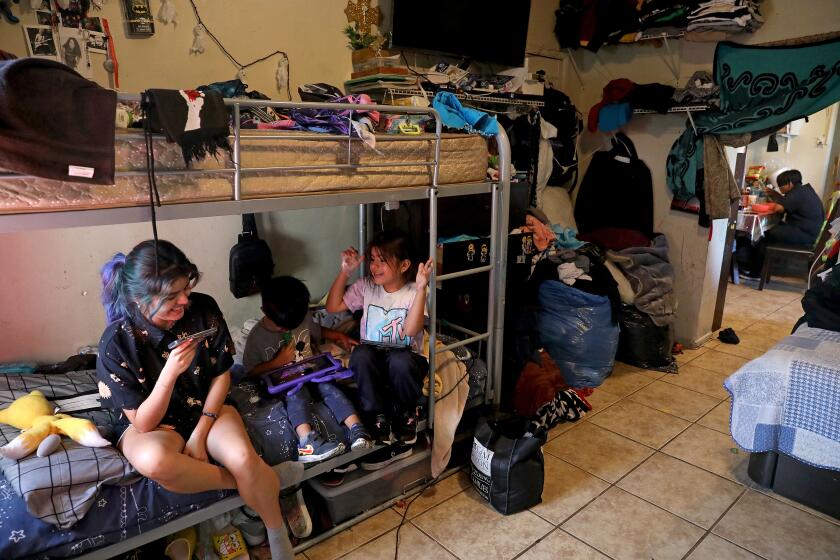Association funds were spent on tequila, other dubious items
Question: I am a board director at my homeowners association. Receipts produced by our management company personnel requesting reimbursement for “office supplies” showed purchase of a $21 bottle of Tequila. At the board meeting I showed that office supply receipt to the board and demanded homeowners be reimbursed. Totally ignoring my demands that the association be reimbursed, the president joked, “Tequila goes better with lime.”
That wasn’t the first improper and unauthorized expenditure on the association’s office supply account the president authorized on his own. I found purchases for over-the-counter drugs, candies, gum, cigarettes, party supplies, home decorating items and pet food, none of which our association ordered or received.
The management company refuses to answer my questions, and staff members put me off from meeting to meeting, stating they’re looking for the items and are “having problems” locating receipts. The manager’s typical answer for all such purchases is “the board authorized it.” Because the president protects the manager, the substantiation for such purchases never materializes and the majority on our board does nothing about it. There are no minutes that show board authorization through open discussion, and there are no motions or votes for such purchases. These expenditures are wholly unauthorized. I’m livid over the blatant misuse of homeowner money and the president’s blanket approval, but what can one director do to stop this ongoing theft?
Answer: If ever there was a reason for homeowners to make regular demands to see association files, documents and receipts, this is it. While it may come as a surprise to your board, tequila is not an association-related expense. Nor are purchases of over-the-counter drugs, candies, gum, cigarettes, party supplies, home decorating items and pet food. Such purchases are a waste of association assets. Not only can misuse of association funds amount to fraud and theft, it exposes the entire board to liability for actions by the management company and the president. Directors have a very clear and nondelegable duty to uphold the best interests of titleholders and protect the association’s assets — even in amounts as seemingly inconsequential as $21. The board’s knowledge of these shopping sprees, let alone its condonation of these actions, creates an express requirement to take corrective action. The board must seek reimbursement for improper expenses.
Directors and titleholders have a right to regularly inspect and copy the association’s records. (Corporations Code sections 8330, 8333, 8334; Civil Code sections 5200, 5205, 5210, 5260.) That right to inspect and copy association records is “absolute” for directors. As a board director, you are aware there are irregular expenses being made by management employees and covered up by the board’s president; you therefore have a right to request a full inspection to determine the extent of any theft of association property. You have the authority to — and should — insist the board have an independent audit conducted. Put pressure on any board director unwilling to investigate and resolve this matter. Titleholders who are funding the operations of the association should be informed of exactly what their hard-earned money is being spent on.
A management company is no different from any other third-party vendor or independent contractor hired by the association. The board’s fiduciary duties to the titleholders extend to its supervisory obligations to oversee all employees and third-party vendors, inclusive of management. Any vendor that fails to follow direction from the board should be terminated.
The board and owners need to focus their attention on the president, who appears not to fully comprehend the duties of his directorship. The president’s actions need to be investigated to the extent he apparently assisted in “approving” fraudulent expenses, aided and abetted, and failed to perform due diligence. While it is a clear violation of the president’s duties to the association and its titleholders to take part in improper spending, Corporations Code section 8215 imposes additional liability on directors who make or cause to be made in the books, records or accounts of the association any entry that is false. If the board won’t demand a refund, the owners need to demand that their money be refunded.
Zachary Levine, partner at Wolk & Levine, a business and intellectual property law firm, co-wrote this column. Vanitzian is an arbitrator and mediator. Send questions to Donie Vanitzian JD, P.O. Box 10490, Marina del Rey, CA 90295 or noexit@mindspring.com.






